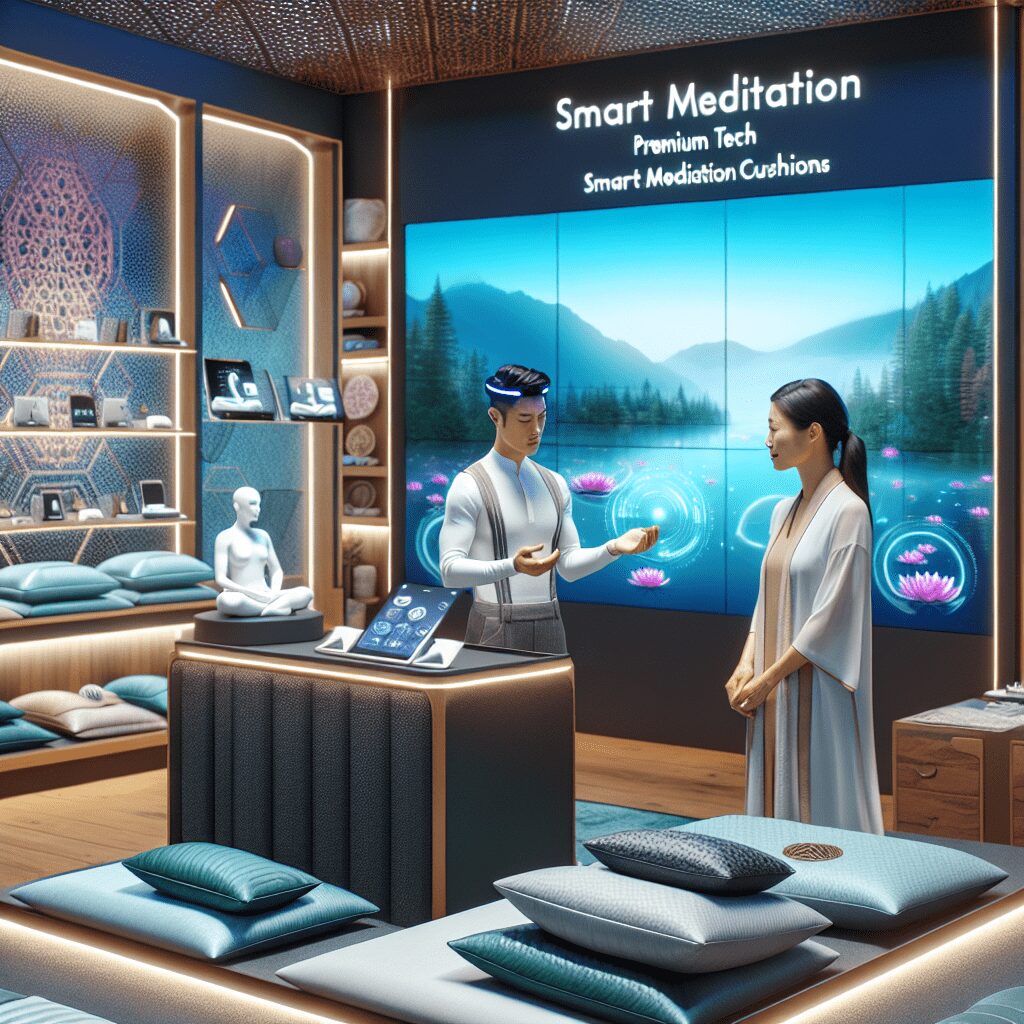
Prioritize your mental well-being daily. Enhance your life by nurturing your mental health with the Smart Meditation app. Break free from stress, alleviate anxiety, and enhance your sleep quality starting today.
Can Artificial Sweeteners Cause Anxiety?
Unraveling the Mystery: Can Artificial Sweeteners Stir the Pot of Anxiety?
In today’s fast-paced world, where the quest for health and slim waistlines is often a marathon than a sprint, artificial sweeteners have become a staple in many diets. They promise the sweetness of sugar without the caloric baggage, a proposition too tempting to pass up. However, amid their soaring popularity, rumors and concerns swirl about the possible dark sides of these sugar substitutes, especially regarding mental health. Among these concerns, one question often pops up: Can artificial sweeteners actually cause anxiety? Let’s dive deep into the heart of this matter, separating fact from fiction and uncovering what the science says.
The Sweet Lowdown on Artificial Sweeteners
First off, it’s crucial to understand what we’re dealing with. Artificial sweeteners, also known as non-nutritive sweeteners, are chemical or natural compounds that mimic the sweetness of sugar but with virtually no caloric value. From aspartame to sucralose and stevia, these substitutes are ubiquitous, popping up in everything from soft drinks to toothpaste.
The Anxiety Connection: Fact or Fiction?
When it comes to the link between artificial sweeteners and anxiety, the waters are, frankly, a bit murky. The scientific community hasn’t drawn a definitive line in the sand, leading to a mix of perspectives and findings.
Here’s the scoop:
-
Biochemical Reactions: Some studies suggest that artificial sweeteners could trigger anxiety by altering neurotransmitter activity. For instance, aspartame has been eyed suspiciously, with research proposing that it might affect serotonin levels, a crucial player in the mood regulation game.
-
Psychological Impact: On the flip side, it’s argued that the belief that artificial sweeteners are harmful could itself be a source of anxiety. If you’re constantly fretting about every sip of a diet soda, that stress could be the real culprit behind feelings of anxiety.
-
Individual Sensitivities: As is often the case with food and mood, individual reactions can vary wildly. While some folks might be able to guzzle diet drinks without a second thought, others could be more sensitive to the compounds in artificial sweeteners, leading to anxiety symptoms.
And Now for Some Cold, Hard Facts
Despite the swirling speculation, conclusive evidence linking artificial sweeteners to anxiety remains elusive. Most health organizations, including the FDA and WHO, have deemed these sweeteners safe for consumption within specific limits. Yet, it’s also wise to remember that just because something is deemed “safe,” it doesn’t mean it’s beneficial for everyone or that it comes without any potential side effects.
Navigating the Sweetened Waters
So, where does that leave us? If you’re someone who’s noticing a jittery feeling or a bout of nerves after your diet soda fix, it might be worth exploring further. Here are a few tips:
-
Listen to Your Body: Keeping a food and mood diary can be illuminating. Note any correlations between your consumption of artificial sweeteners and your anxiety levels.
-
Moderation is Key: Even if the link to anxiety isn’t ironclad, moderation in all things is usually a good policy. Diversify your diet to minimize potential risks.
-
Explore Alternatives: If you’re convinced artificial sweeteners are messing with your mojo, plenty of natural alternatives can sweeten the deal without adding sugar or unnecessary anxiety.
In conclusion, the relationship between artificial sweeteners and anxiety is like a complex dance, with steps that aren’t entirely in sync. While the rumors of a solid link may be overstated, it’s clear that individual experiences can vary significantly. Remaining informed, listening to your body, and maintaining a balanced diet is the best course of action. As with most things in life and nutrition, there isn’t a one-size-fits-all answer, but staying educated and aware puts the power back in your hands.





